Reading is an activity that not only entertains us, but also helps us develop our minds, acquire new knowledge and better understand the world around us.
While technology has brought with it a host of entertainment options, reading is still one of the best ways to spend our free time.
Today we want to present you with a list of the classics of literature that every great reader should have on their bookshelf, and we give you some reasons why you should consider reading these titles.
Why is reading important?
Reading is an activity that allows us to expand our minds, improve our understanding of the world and acquire new knowledge. Through books, we can explore complex issues and discover different perspectives on life and society. In addition, reading can also help us improve our cognitive ability, develop our memory and improve our ability to concentrate.
How can we foster the habit of reading in ourselves?
The habit of reading can be encouraged in many ways. Here is a list of tips to make reading a healthy habit.
- Set a daily or weekly reading goal and stick to it.
- Keep a record of the readings we do and the books we have read.
- Find recommendations for books that interest us or that have been recommended by friends or family.
- Attend book clubs or discussion groups to share our opinions and thoughts about the books.
- Read different genres and authors to broaden our literary interests and tastes.
- Find a quiet and comfortable place to read, away from distractions like cell phones or television.
- Use applications or online reading platforms to access a variety of books and be able to read anytime, anywhere.
- Integrate reading into our daily routine, such as reading on public transport, before going to sleep or during free time.
- Share our favorite books with friends and family and discuss them.
- Participate in reading challenges or literary challenges to motivate us to read more.
What classic books should I stop reading?
"One Hundred Years of Solitude" by Gabriel García Márquez
This novel tells the story of the Buendía family over several generations. The work is an example of magical realism, a genre that mixes fantastic elements with everyday situations. The story is full of interesting characters and absurd situations that keep the reader hooked from the beginning to the end.

"Pride and Prejudice" by Jane Austen
"Pride and Prejudice" is a novel of love and comedy that follows the story of Elizabeth Bennet and her family. The work is known for its well-developed characters, its satirical style, and its depiction of the life of the 19th-century English aristocracy.
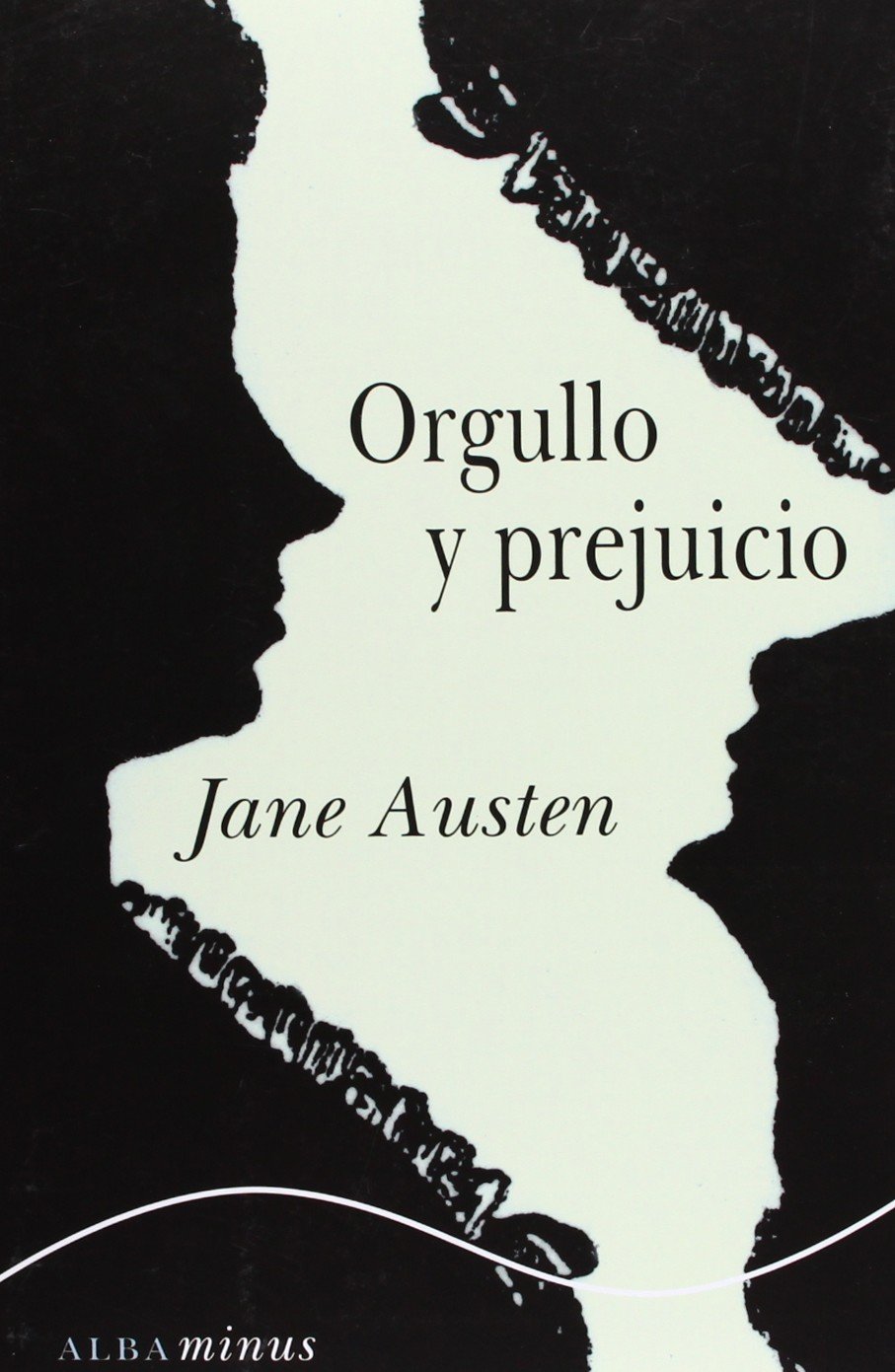
"Anna Karenina" by Leo Tolstoy
"Ana Karenina" is a novel that explores themes such as love, infidelity and morality. The story follows Anna Karenina, a married woman who falls in love with a noble officer. The work is known for its complexity, its rich characterization, and its detailed description of Russian society at the time.
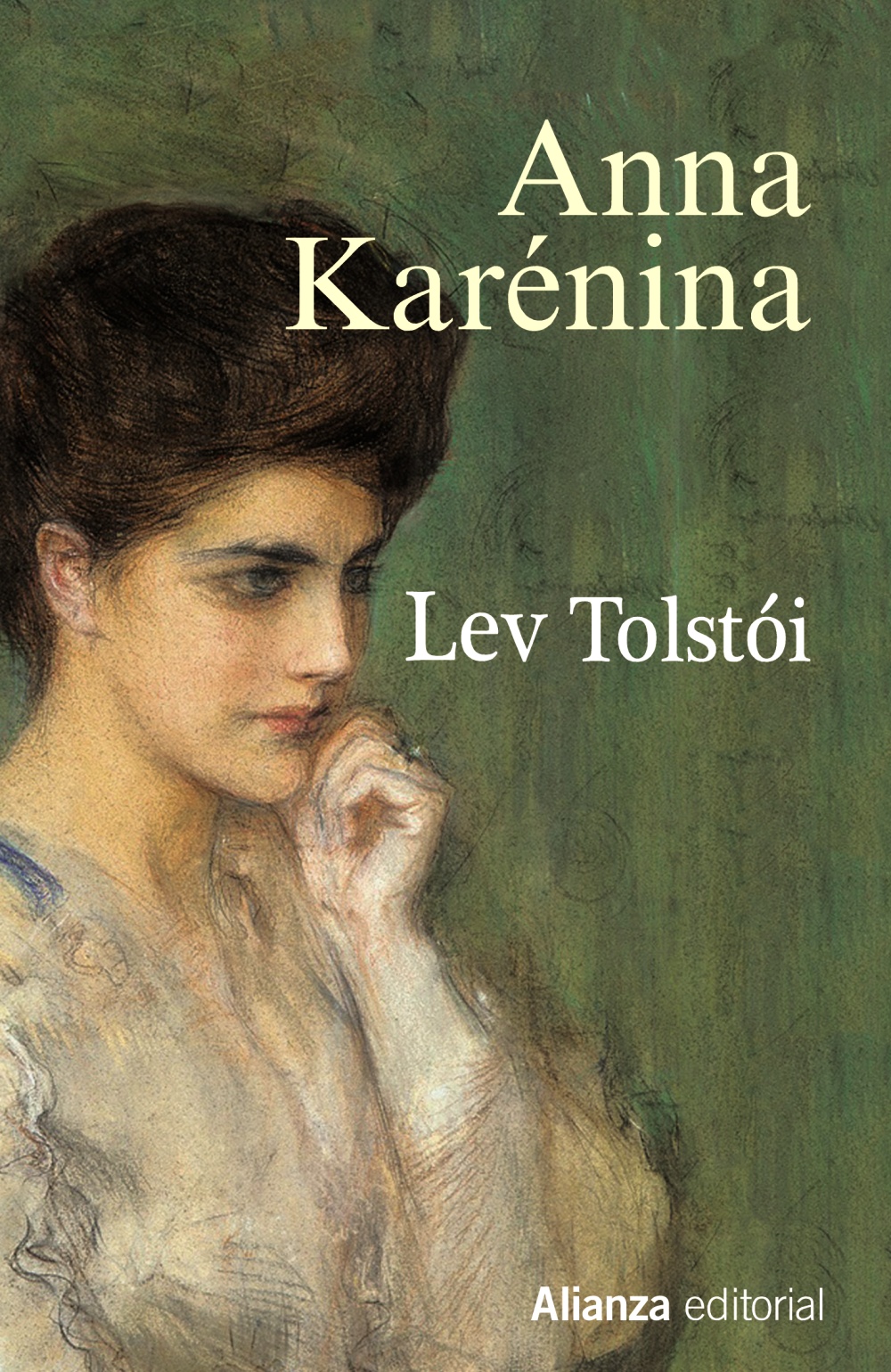
"Don Quixote de la Mancha" by Miguel de Cervantes
"Don Quixote de la Mancha" is one of the most important works of Spanish and world literature, written by Miguel de Cervantes in the 17th century. The novel narrates the adventures of a poor nobleman named Alonso Quixano, who after reading many books of chivalry, loses his reason and becomes convinced that he is a knight named Don Quixote.
Together with his faithful squire Sancho Panza, Don Quixote travels through La Mancha and lives numerous adventures that happen both in reality and in his own mind. The work is considered a critique of the Spanish society of the time and the ideals of chivalry, as well as a reflection on reality and madness.
Don Quixote is a classic that every lover of literature should read for the richness of its language, its humor and its philosophical depth. The work is also important for its influence on later literature, and has been the subject of numerous studies and adaptations over the centuries.
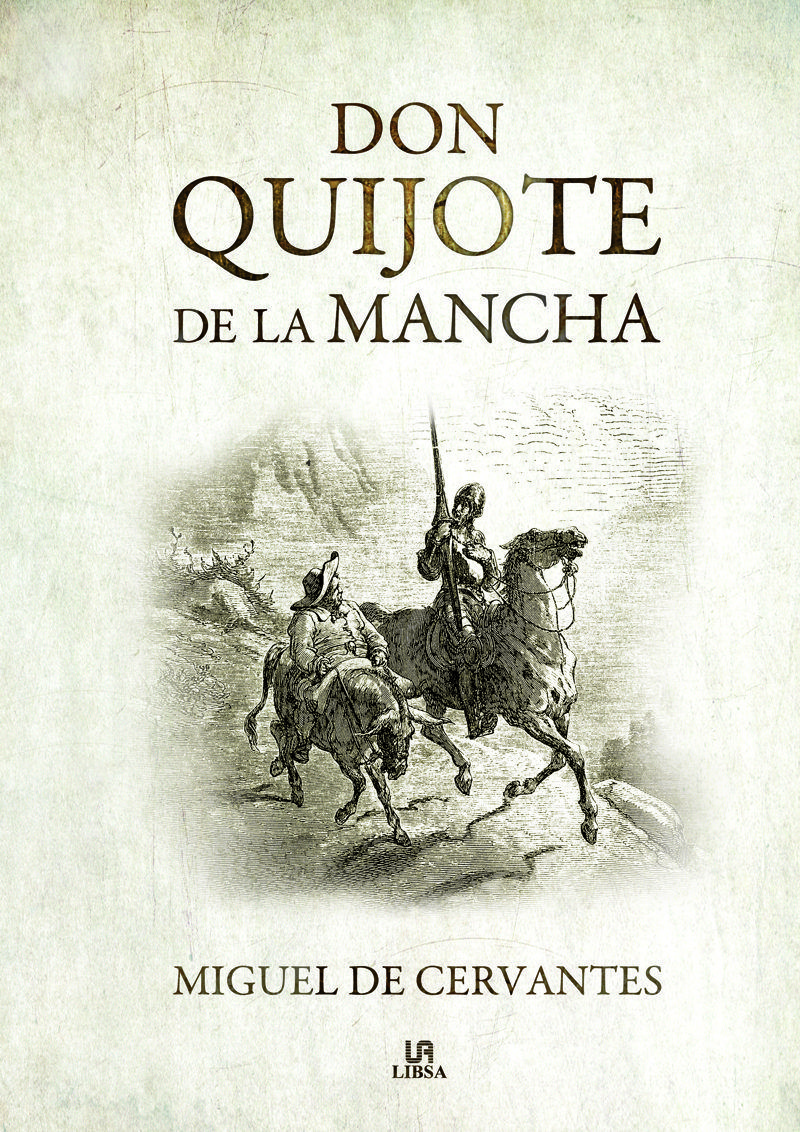
"Moby Dick" by Herman Melville
Published in 1851, "Moby Dick" is an epic novel by Herman Melville that tells the story of Captain Ahab and his obsession with hunting the great white whale, Moby Dick. The novel is full of symbolism and reflections on human nature, religion, and destiny.
The work is considered one of the best adventure novels and one of the most important works of American literature. Melville is also known for his innovative use of language and his ability to create complex and compelling characters.
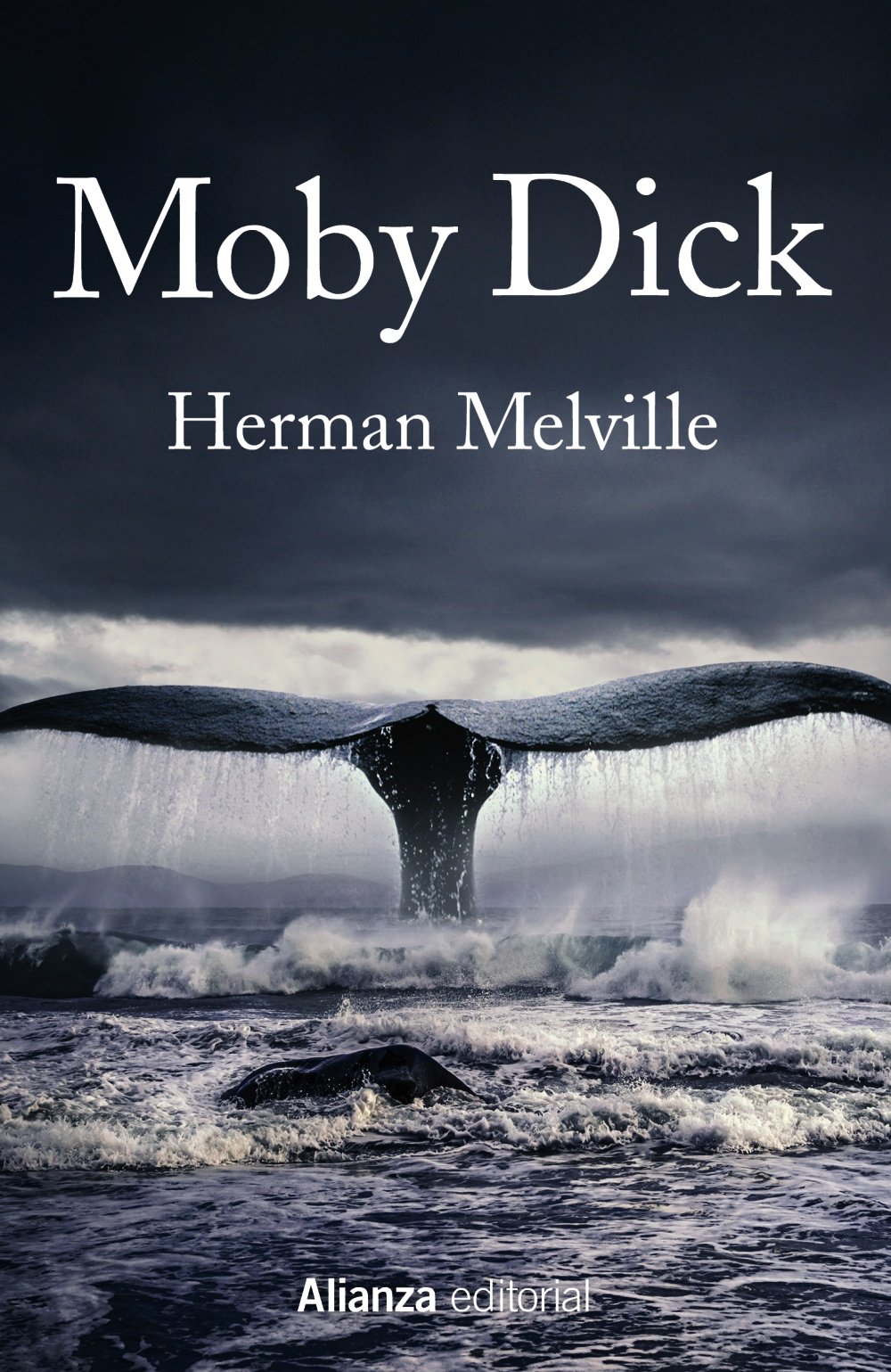
"The Karamazov Brothers" by Fyodor Dostoyevsky
"The Karamazov Brothers" is the last novel by Fyodor Dostoyevsky and is considered one of his most important works. The novel tells the story of the Karamazov brothers, a dysfunctional and conflict-ridden family, and their reflections on religion, morality, and human nature.
The work is known for its psychological depth and for its ability to explore complex themes in an accessible and emotional way. The novel is a masterpiece of Russian and world literature and is considered one of the best novels ever written.
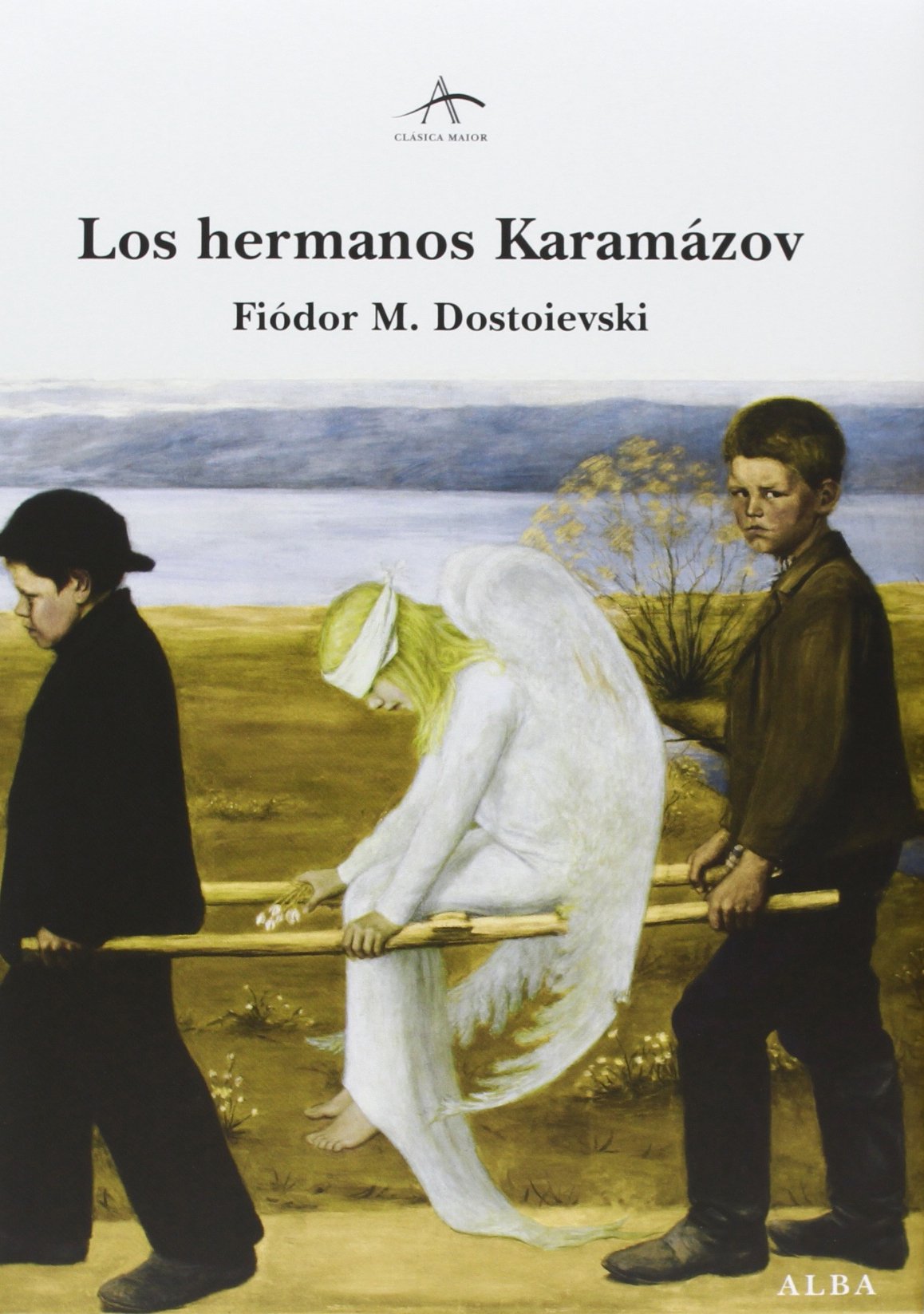
Homer's "The Odyssey"
The "Odyssey" is one of the most important epic poems in Western literature and was written by Homer in the 8th century BC. The play tells the story of Odysseus, a Greek hero who, after the Trojan War, undertakes a long journey back home.
The "Odyssey" is known for its vivid depiction of Greek mythology and for its exploration of universal themes such as family, loyalty and destiny. The work is also important for its influence on later literature and for its place as one of the most important works in Western culture.
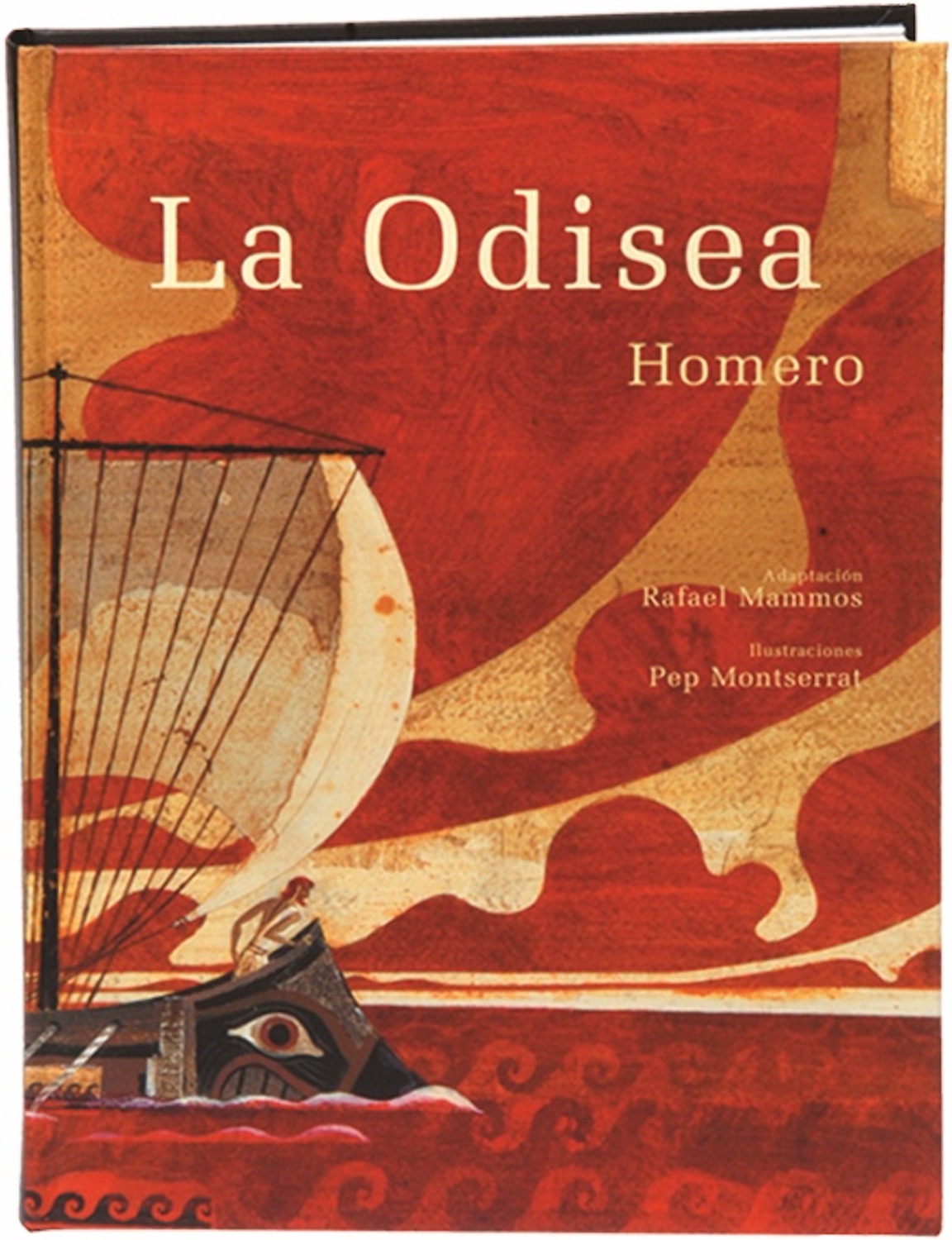
"The Great Gatsby" by F. Scott Fitzgerald
Published in 1925, this novel by F. Scott Fitzgerald is considered one of the masterpieces of 20th century American literature. The story follows Jay Gatsby, a mysterious millionaire living on Long Island during the 1920s, and his obsession with the beautiful Daisy Buchanan.
The novel explores themes such as love, ambition, wealth and the decadence of the society of the time. Fitzgerald perfectly captures the spirit of the jazz age and the culture of excess that characterized it.
The Great Gatsby is a timeless work that has been adapted to film on several occasions, including the famous 2013 version directed by Baz Luhrmann and starring Leonardo DiCaprio.
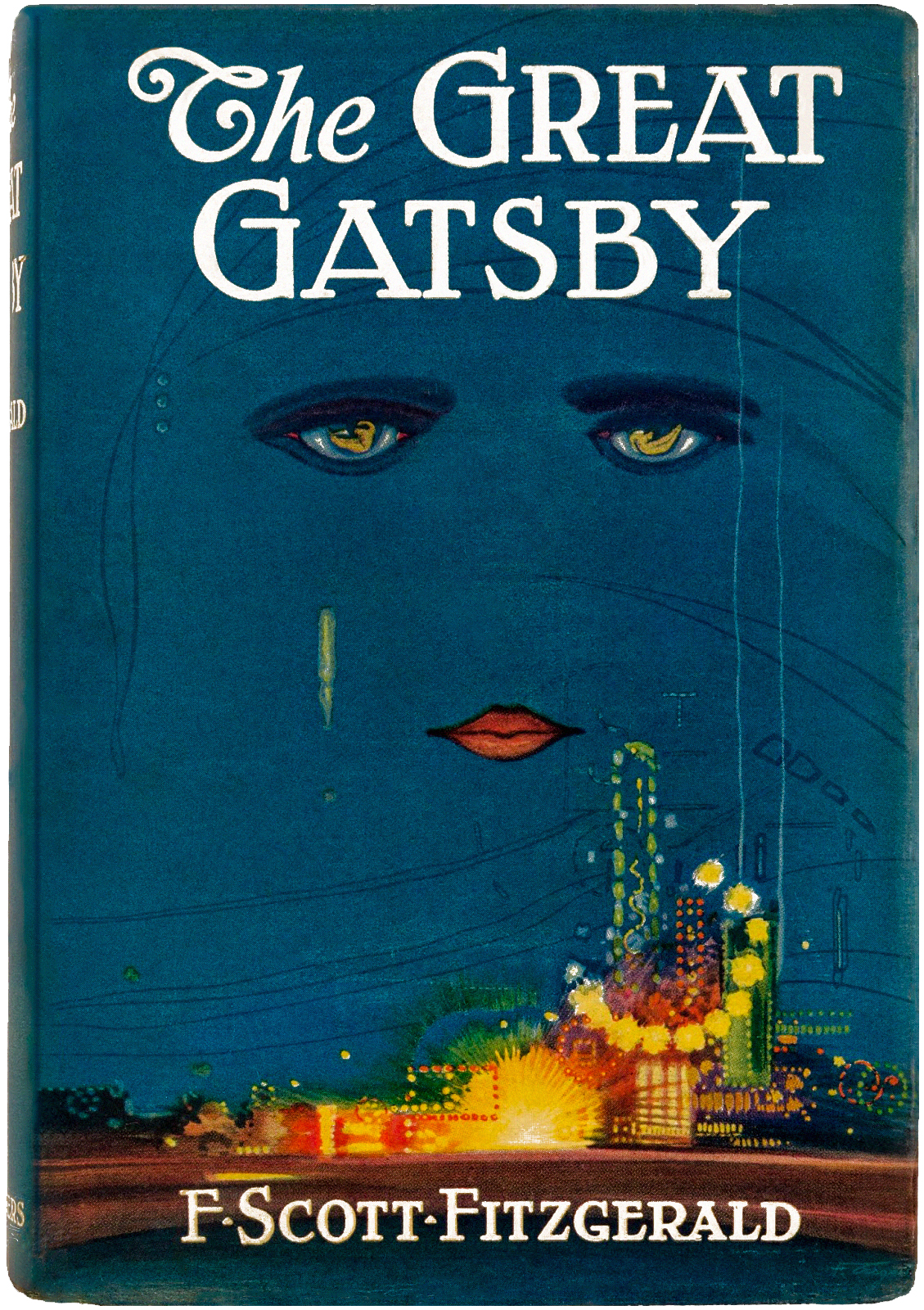
"1984" by George Orwell
Published in 1949, this dystopian novel by George Orwell has been a major influence on popular culture and politics since its publication. The story follows Winston Smith, a man living in a dystopian future where the government has complete control over all aspects of people's lives.
Orwell presents a bleak vision of the future, in which individual freedom and critical thought are suppressed. The novel has been quoted numerous times in political discussions and has been used as a warning against authoritarianism and the suppression of freedom.
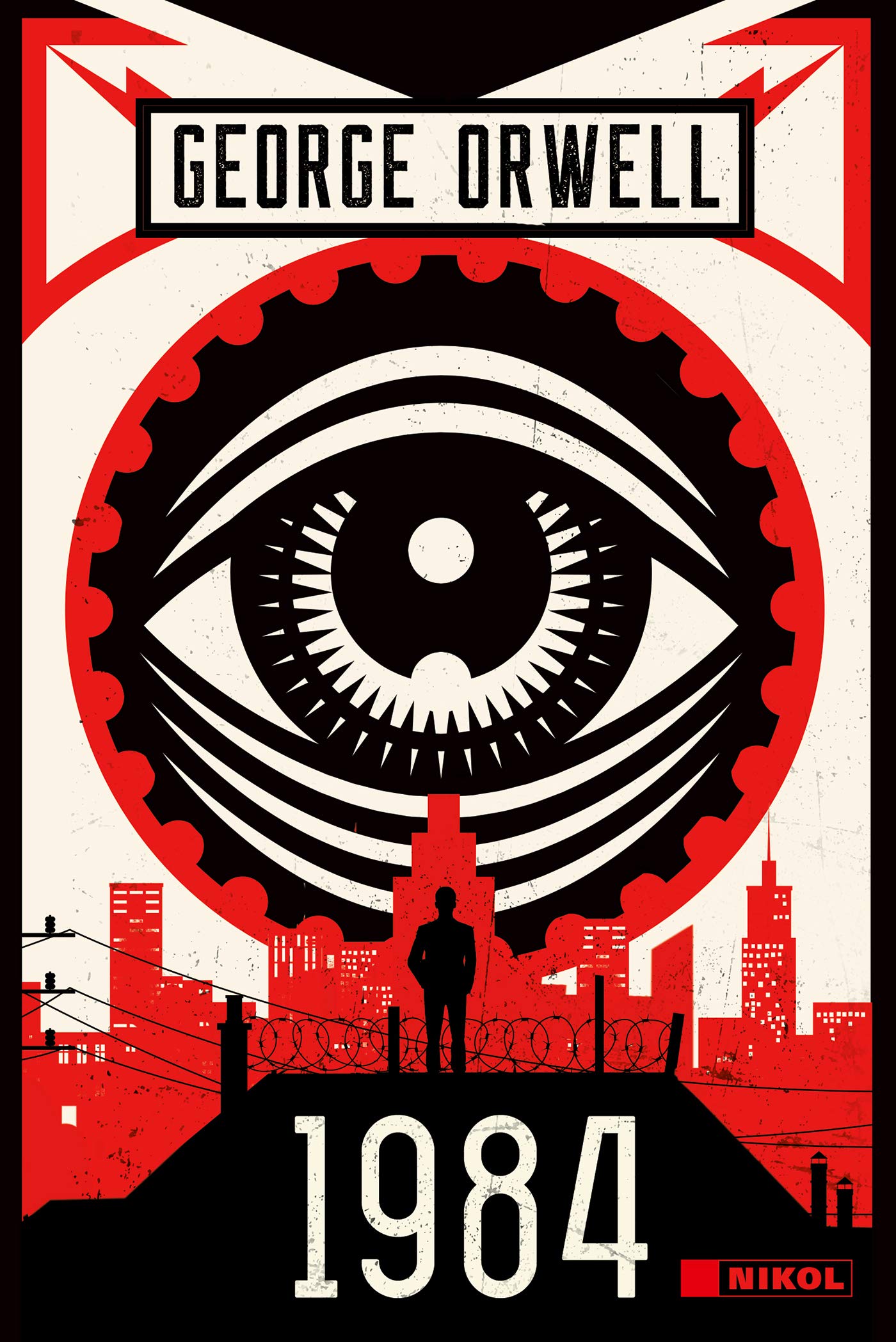
"The Trial" by Franz Kafka
Published in 1925, this unfinished novel by Franz Kafka tells the story of Josef K., a man who is arrested and accused of an unknown crime. As K. tries to uncover the truth behind his arrest, he finds himself trapped in an absurd and incomprehensible legal system.
The process is a work that explores themes such as justice, power and the oppression of the individual by the system. The novel has been considered a masterpiece of existentialism and has been adapted for film and television on several occasions.
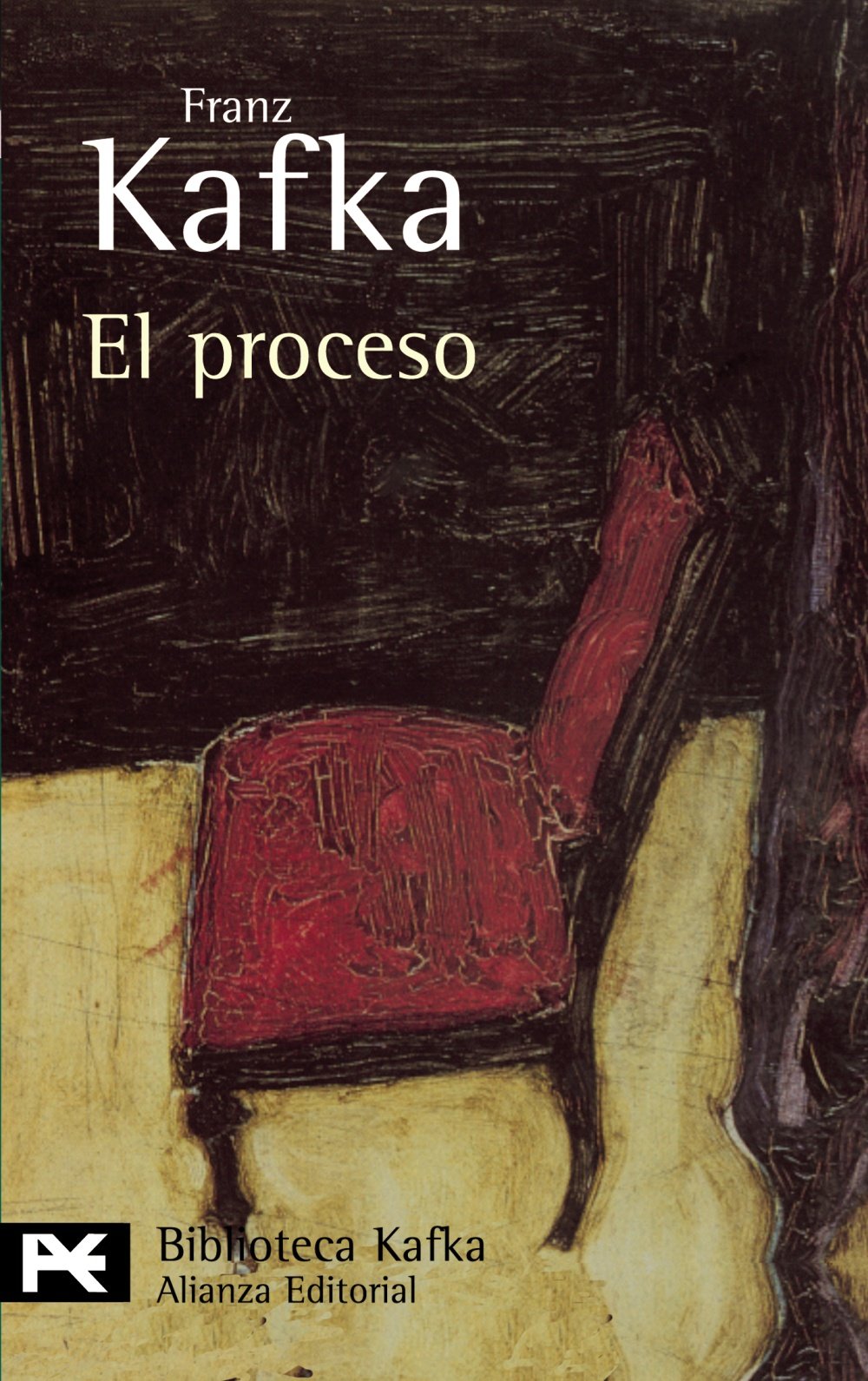
"Crime and Punishment" by Fyodor Dostoyevsky
Published in 1866, this novel by Fyodor Dostoevsky tells the story of Rodion Raskolnikov, a poor student who commits a murder in Saint Petersburg and his subsequent struggle with his conscience.
The novel explores themes such as good and evil, morality, and human psychology. It is considered one of the most important works of Russian literature and has been adapted for film, television and theater on numerous occasions.
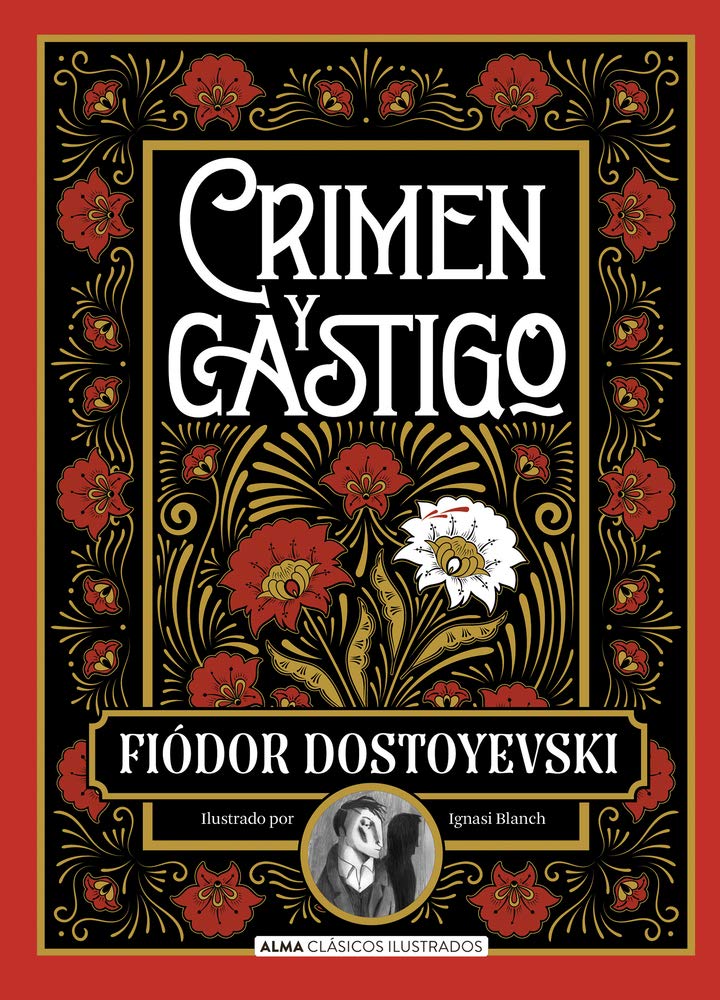
"The Stranger" by Albert Camus
The Stranger is a novel written by the French author Albert Camus. Published in 1942, this work follows the life of Meursault, a man living in French Algeria who does not seem to feel any emotion in his daily life. After committing a crime, Meursault is tried and sentenced to death. The novel explores themes such as alienation, meaninglessness in life, and indifference to death.
Camus's writing style is clear and concise, and his existentialist philosophy is present throughout the work. The story is told from Meursault's point of view, allowing the reader to see the world from his unique perspective. The novel has been the subject of numerous studies and critical analysis, and has been translated into several languages.
While "The Stranger" may not be to everyone's taste, it is certainly a work of art worth reading for those seeking an in-depth exploration of human nature and life in general.

"Madame Bovary" by Gustave Flaubert
First published in 1856, "Madame Bovary" follows the life of Emma Bovary, an unhappily married woman in search of passion and excitement. Bored with her mundane life, Emma gets involved in numerous affairs with different men and begins to spend money excessively, which ultimately leads to her financial and emotional ruin. The novel has been hailed as an example of literary realism and has influenced many later writers.
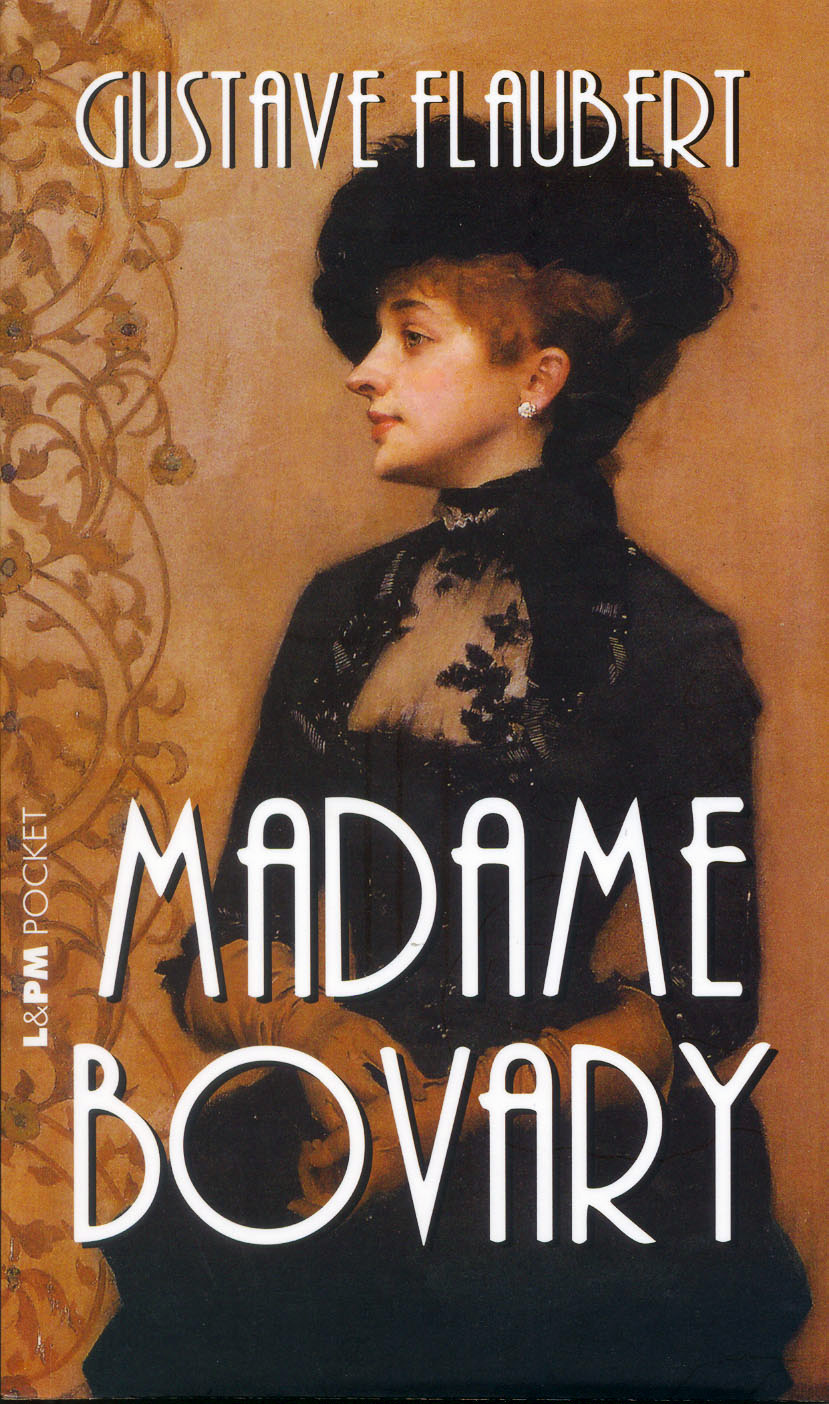
"War and Peace" by Leo Tolstoy
This literary masterpiece was first published in 1869. "War and Peace" follows the lives of various Russian aristocratic families during the Napoleonic Wars, examining themes such as war, politics, love, and family. With a wide range of memorable characters and detailed, vivid prose, this novel is one of the most important and enduring works of world literature. Tolstoy is known for his ability to create realistic and complex characters, as well as his ability to address profound and universal themes in his work. "War and Peace" is an epic and moving work that has been admired by generations of readers and critics.
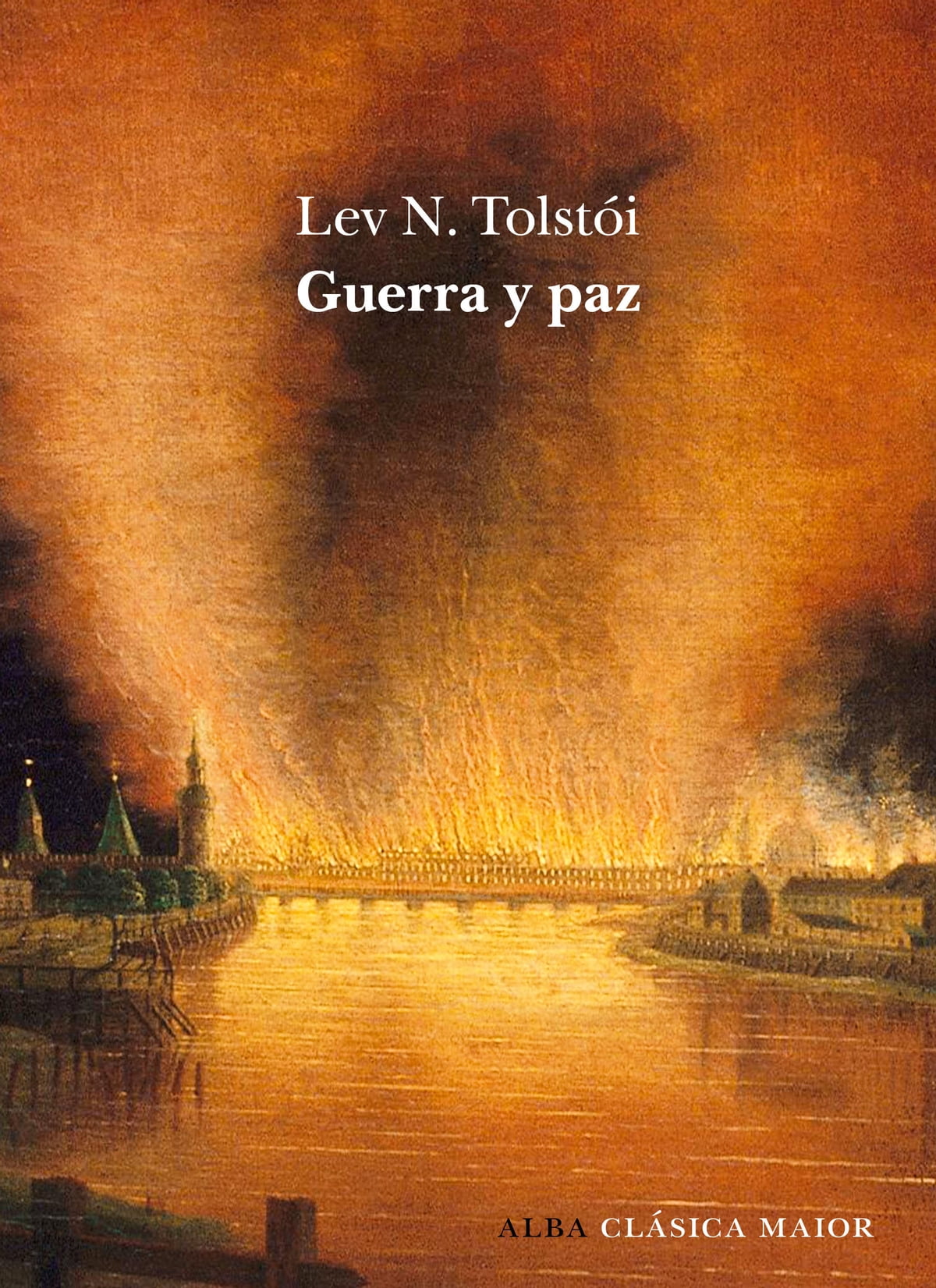
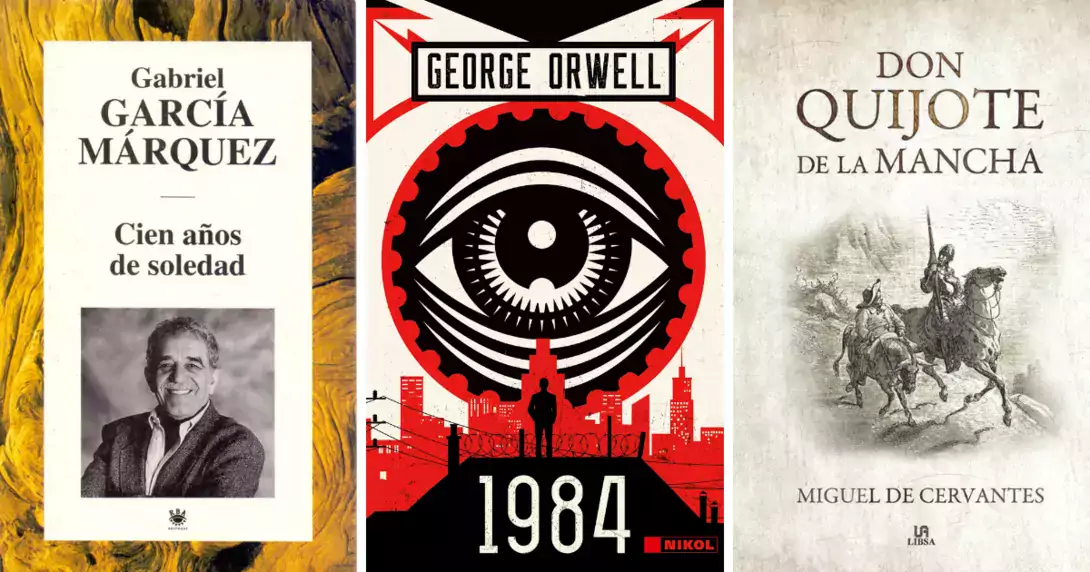
Comentarios